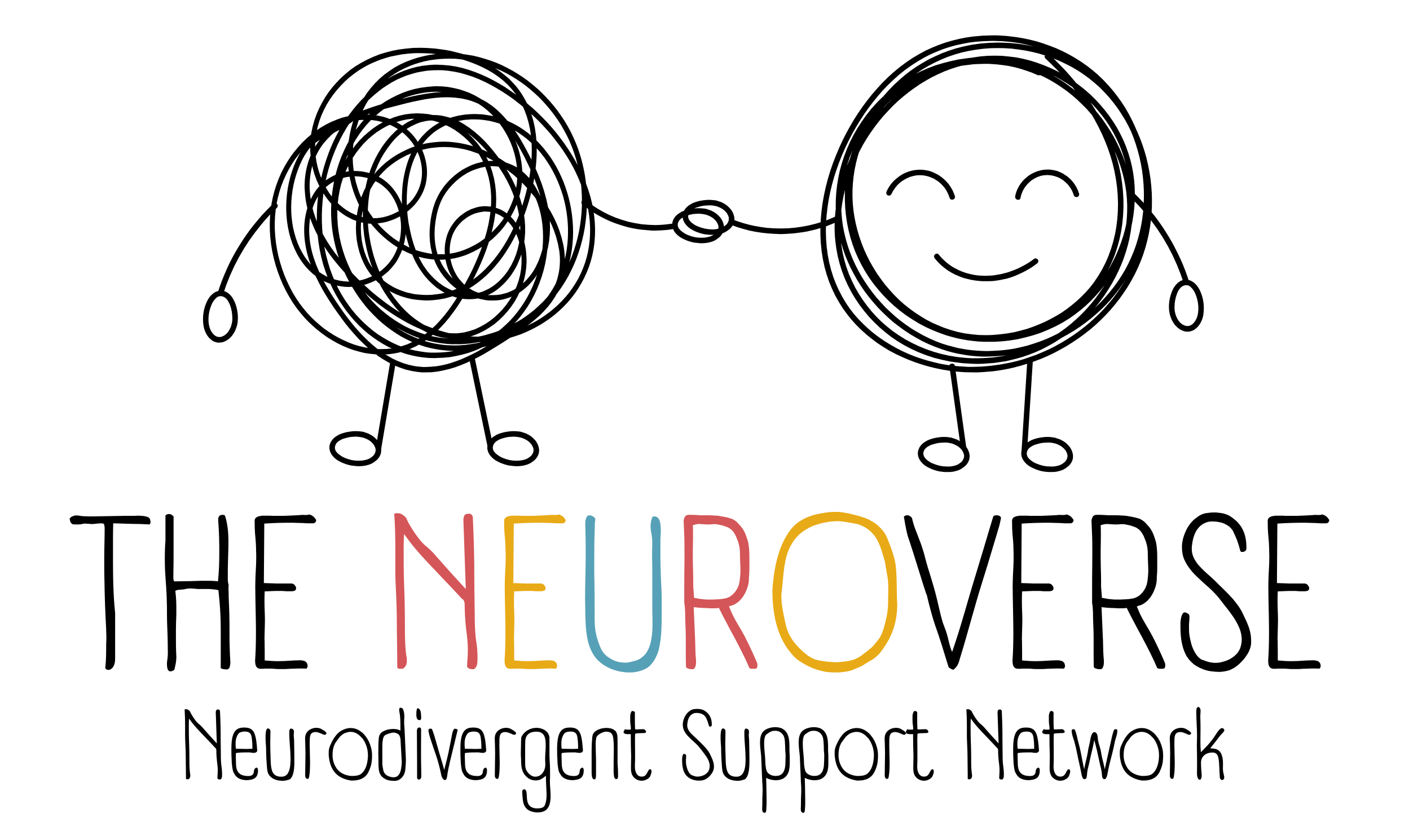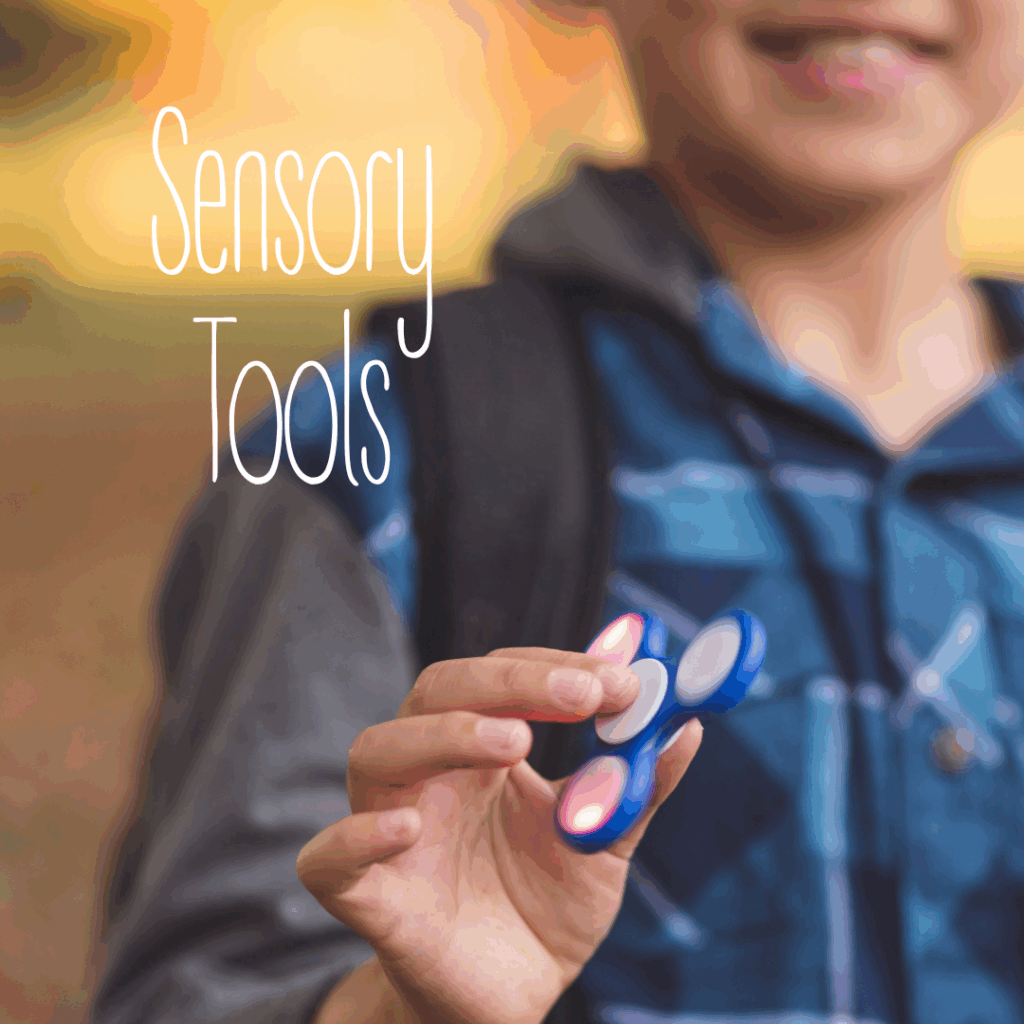Quick Exercises and the Benefits of Mindfulness for Neurodivergent Kids

Mindfulness practices can be particularly beneficial for neurodivergent children, including those with ADHD, autism spectrum disorder (ASD), and other developmental or learning differences. Here are some key benefits, supported by research:
1. Improved Attention and Focus
Mindfulness exercises, such as deep breathing and body scans, can help neurodivergent children enhance their attention and focus.
2. Reduced Anxiety and Stress
Techniques like guided imagery and progressive muscle relaxation can help neurodivergent children manage anxiety and stress.
3. Enhanced Emotional Regulation
Mindfulness can help neurodivergent children recognise and manage their emotions more effectively. This is crucial for children who may have difficulty understanding or expressing their feelings.
4. Better Social Skills
Practices such as mindful listening and gratitude journaling can enhance empathy and social interactions.
5. Improved Behaviour and Self-Control
Techniques like breathing exercises and body scans foster calm and self-control, reducing impulsive behaviours.
Quick Mindfulness Exercises for Kids
Five Senses Exercise: This is a great exercise you can do anywhere at any time. Ask kids to notice five things they can see, four things they can touch, three things they can hear, two things they can smell, and one thing they can taste.
Deep Breathing: Have kids sit comfortably, close their eyes, and take slow, deep breaths. Inhale for a count of four, hold for a count of four, and exhale for a count of four. Start out with one or two breaths and then build up as you go. No pressure.
Body Scan: Guide kids to lie down, close their eyes, and focus on each part of their body from head to toe, noticing any sensations they feel.
Mindful Colouring: Provide colouring books or mandalas and encourage kids to focus on the colours and patterns they are creating, staying present in the activity.
Gratitude Journaling: For older kids – Have them write or draw one or two things they are grateful for each day. This helps them focus on positive aspects of their lives.
Bubble Breathing: Give kids a bottle of bubbles and encourage them to take deep breaths and blow gently, watching the bubbles float away as a way to relax.
Mindful Eating: Give kids a small piece of food, like a raisin or a slice of apple. Have them observe its colour, texture, and smell before slowly eating it and noticing the taste and sensations.
Yoga for Kids: Introduce simple yoga poses like tree pose, cat-cow, or child’s pose. Focus on breathing and body movement.
Guided Imagery: Lead kids through a calming story or scene in their minds, like walking on a beach or floating on a cloud, encouraging them to use all their senses. This is a great one to help them fall asleep too.
Mindful Listening: Play a piece of calming music or nature sounds and ask kids to focus on the different sounds they hear and can identify.
Breathing Buddy: Have kids lie down with a small stuffed animal on their stomach. As they breathe in and out, they can watch the animal rise and fall, helping them focus on their breath.
Progressive Muscle Relaxation: Guide kids to tense and then relax different muscle groups in their body, starting from their toes and moving up to their head.
These exercises can help kids develop mindfulness skills, improve their focus, and reduce stress.
References
van de Weijer-Bergsma, E., Formsma, A. R., de Bruin, E. I., & Bögels, S. M. (2012). The effectiveness of mindfulness training on behavioral problems and attentional functioning in adolescents with ADHD. Journal of Attention Disorders, 19(9), 775-784.
Cachia, R. L., Anderson, A., & Moore, D. W. (2016). Mindfulness in individuals with autism spectrum disorder: A systematic review and narrative analysis. Review Journal of Autism and Developmental Disorders, 3, 165-178.
Ridderinkhof, A., de Bruin, E. I., Blom, R., & Bögels, S. M. (2018). Mindfulness-based program for children with autism spectrum disorder and their parents: Direct and long-term improvements. Autism Research and Treatment, 2018, 1-12.
Solomon, M., & Goodlin-Jones, B. (2018). Mindfulness for children with ADHD and their parents. Journal of Child and Family Studies, 27, 3930-3946.
Singh, N. N., Lancioni, G. E., Winton, A. S., Singh, J., Singh, A. N., Adkins, A. D., & Singh, A. D. (2010). Training in mindful caregiving transfers to parent-child interactions. Mindfulness, 1(4), 215-222.Quick Mindfulness Exercises for Kids



Wow, this piece of writing is fastidious, my sister is analyzing these
kinds of things, thus I am going to let know her.